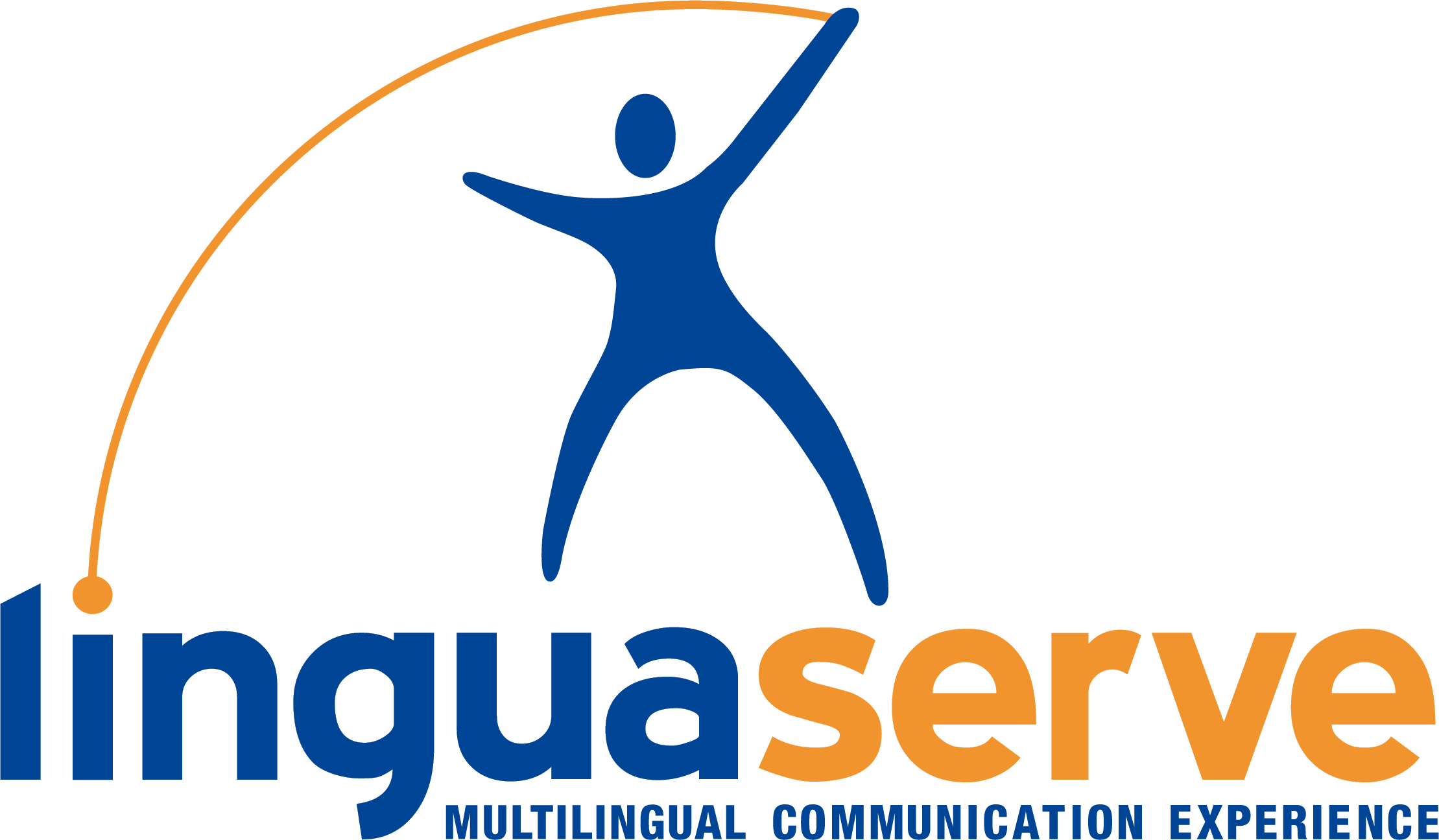Misconceptions, translation and tears. These are the three ingredients of many of the failures, some more famous than others, of professionals, companies or organizations that decided to believe the stereotypes common to the field of translation.
Preconceived ideas exist in all professions and misconceptions about translators constitute a vast collection of false stories and simplistic ideas that are often the result of ignorance of this work.
Many people outside this profession define translation as a simple transfer of content from one language to another, unaware of the wide variety of multilingual services that exist and the diversity of formats and channels used by translation professionals.
Top 7 misconceptions about translation
Misconceptions about translators and interpreters would be merely anecdotical if it weren't for the fact that they are repeated so often that they are assumed to be true and become the source of jokes and more or less serious mistakes.
The best way to avoid these situations is to provide the necessary information on the different language services available, giving the public a better idea about how the profession plays a key role in an increasingly global world.
1. If you know a language well, you can translate
One of the most widespread and absolutely false misconceptions about translation. A translator or interpreter with the appropriate training has the necessary skills beyond a native level of proficiency in the language in question. Non-professional intrusion leads to poor translations with consequences that can be serious, especially when it comes to business.
2. Translating is just replacing one word with another
We couldn’t begin this list of translation misconceptions with another cliché. No self-respecting translator would ever translate by simply replacing one word with another. Professional translators take into account context, format, target audience and, of course, complete integration into the target language and culture.
3. You don’t have to understand the text to translate it
Among the misconceptions about translators and translation in general, this one is undoubtedly in the top 3. Simply translating without understanding what the text is about results in content with no soul. The translator must understand the meaning of the content based on the context (legal, economic, scientific, literary, advertising, etc.) and use the most appropriate vocabulary.
4. A translator can translate anything
Although professional translators can translate a wide variety of general texts, they tend to specialize in specific areas, such as those mentioned above. Each professional field requires specific terminology, formatting and language style, and the translator needs to be an expert in those aspects. Believe it or not, each area is a world unto itself.
5. Translators and interpreters are the same
Another misconception surrounding the world of translation and interpreting is the tendency to confuse these two professions. Although both professionals use language, they do so in very different ways and use different resources. Interpreters require extensive preparation and a great capacity for concentration, as well as training in vocalization techniques and more.
6. Localization is a type of translation
Localization goes further than translation. It requires a complete adaptation, not only in the linguistic and cultural components, but also in the more technical aspects (software adaptation, file formats, codes, etc.). In this case, for example, localization professionals have certain computer skills, but also knowledge of the target culture.
7. Good translators don’t use dictionaries
No translator–or writers or editors or any other language professional–knows the millions of words that make up a language. Professional translators have the appropriate resources (glossaries, translation memories, style guides, etc.) to do their work. In fact, sometimes this is not even applicable at the sector level, but specifically to the business itself, due to its specific characteristics and idiosyncrasies.
As you can see, misconceptions, translation and other multilingual services are closely linked concepts. We've mentioned some of them, but you can be sure that there are even more. As implausible as it may seem, there are still people who believe them, and the results are disastrous. If you don't want this to happen to you, turn to a professional translation and multilingual services agency like Linguaserve and give your translations the quality they deserve.










